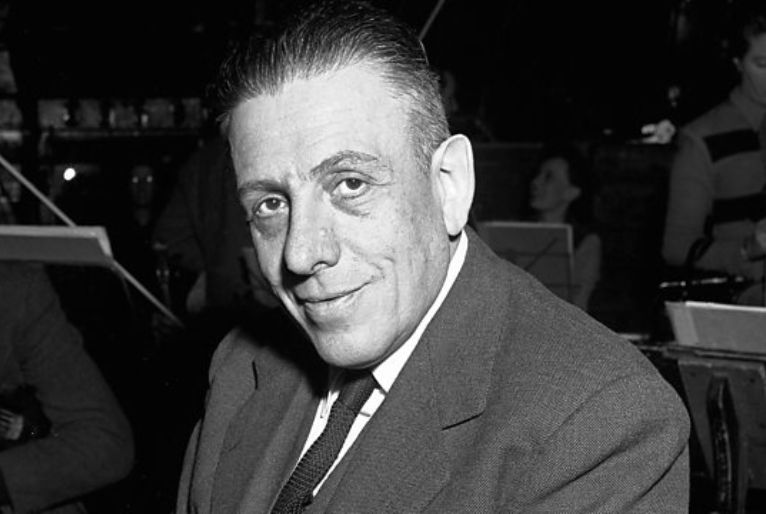Francis Poulenc, a luminary of 20th-century classical music, was born on January 7, 1899, in Paris, France. He emerged as one of the leading figures of Les Six, a group of composers in France who rebelled against the heavy Germanic influence dominating classical music at the time. Poulenc's compositions are renowned for their charm, wit, and emotional depth, reflecting his unique musical voice.
Growing up in a wealthy family, Poulenc received early piano lessons from his mother. However, his formal music education began at the age of 15 when he started studying with the noted pianist Ricardo Viñes. Despite his lack of conservatory training, Poulenc's natural talent and keen ear propelled him to become a prolific composer.
The Gloria by Francis Poulenc, FP 177, scored for soprano solo, large orchestra, and chorus, is a setting of the Gloria text from the mass ordinary. One of Poulenc's most celebrated works, it was commissioned by the Koussevitsky Foundation in honor of Sergei Koussevitzky and his wife Natalia, the namesakes of the foundation.
Gloria was premiered on 21 January 1961 in Boston, Massachusetts by the Boston Symphony Orchestra and the Chorus Pro Musica under conductor Charles Münch with Adele Addison as soloist. The first recording (also in 1961), for EMI, was conducted by Georges Prêtre, under the supervision of the composer, with Rosanna Carteri as the soloist. Among later recordings of the music, the RCA Victor recording by the Robert Shaw Chorale in 1965 won a Grammy Award for the "Best Choral Performance."
Francis Poulenc
Gloria
1. I Gloria 2:57
2. II Laudamus te 3:07
3. III Domine Deus 4:35
4. IV Domine Fili Unigenite 1:20
5. V Domine Deus, Agnus Dei 6:27
6. VI Qui sades ad dexteram Patris 6:37
For more:
http://www.melhoresmusicasclassicas.blogspot.com

